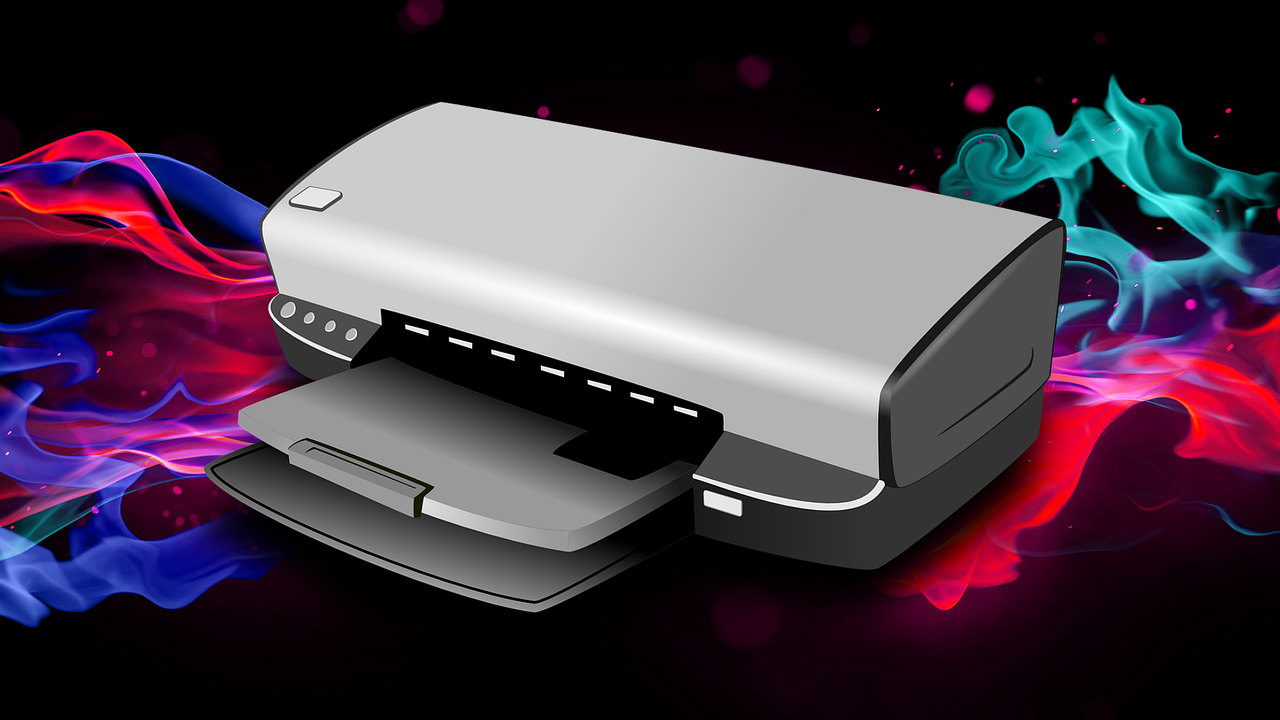In today’s fast-paced world, technological advancements have touched every aspect of our lives, including healthcare. The advent of Electronic Health Records (EHR) is transforming the healthcare landscape and how we receive patient care. EHR systems are digital versions of paper charts, offering a revolutionary approach to healthcare information management. This article explores the profound impact of EHRs on patient care and highlights the crucial role of healthcare software development companies in this transformation.
The EHR Revolution
Traditionally, healthcare providers maintained patient records in paper format, which often resulted in inefficiencies, inaccuracies, and difficulties in accessing crucial patient information. The transition to EHR systems has streamlined healthcare practices, offering several advantages that benefit both patients and healthcare professionals.
1. Improved Patient Care
EHRs enable healthcare providers to access a patient’s complete medical history, including diagnoses, medications, allergies, and treatment plans, at the touch of a button. This comprehensive view of a patient’s health facilitates better-informed decisions, leading to improved patient care. For instance, if a patient visits an emergency room and cannot provide their medical history, the attending physicians can quickly access their EHR to make informed decisions, potentially saving lives.
2. Enhanced Communication
Communication between healthcare professionals is vital in providing coordinated and efficient care. EHRs facilitate seamless information exchange among different specialists and departments. For example, when a primary care physician refers a patient to a specialist, the specialist can access the patient’s EHR, ensuring continuity of care. This significantly reduces the risk of miscommunication or duplication of tests and treatments.
3. Time and Cost Efficiency
EHRs have proven to be time and cost-effective in the long run. The reduced need for paper records, filing, and manual chart retrieval leads to significant savings. Moreover, EHRs minimize the chances of errors, reducing the cost of adverse events. Patients also benefit from reduced paperwork and quicker access to test results and prescriptions.
The Role of Healthcare Software Development Companies
The development and maintenance of EHR systems require specialized expertise, and this is where healthcare software development companies come into play. These companies play a pivotal role in the EHR revolution by creating, updating, and customizing electronic health record solutions. Let’s explore their contributions in more detail.
1. EHR System Development
Healthcare software development companies design and develop EHR systems tailored to the specific needs of healthcare providers. They create intuitive user interfaces, incorporate advanced security measures, and ensure compliance with industry standards such as the Health Insurance Portability and Accountability Act (HIPAA). Their expertise in healthcare technology ensures that EHR systems are user-friendly and aligned with the unique workflows of different healthcare settings.
2. Customization and Integration
Every healthcare facility has its own set of requirements and workflows. Healthcare software development companies offer customization services to adapt EHR systems to the specific needs of each organization. They can integrate EHRs with other healthcare software, such as laboratory information systems or billing software, to create a seamless digital healthcare ecosystem. This ensures that data flows efficiently and accurately across all platforms.
3. Continuous Updates and Maintenance
EHR systems require regular updates to incorporate new features, improve security, and stay compliant with evolving regulations. Healthcare software development companies take on the responsibility of keeping EHR systems up-to-date and secure. Their expertise ensures that healthcare providers can focus on patient care, knowing that their EHR system is in capable hands.
Challenges in Implementing EHR Systems
While EHR systems bring substantial benefits, their implementation is not without challenges. Healthcare organizations face several hurdles when transitioning from paper-based records to electronic systems:
1. Cost of Implementation: The initial cost of adopting EHR systems can be substantial, including software licensing, hardware upgrades, and training expenses.
2. Resistance to Change: Healthcare professionals may resist the transition to EHRs due to the learning curve and perceived disruptions in their workflows.
3. Data Security Concerns: With the increasing frequency of cyberattacks, ensuring the security of patient data in EHR systems is a paramount concern.
4. Interoperability Issues: The seamless exchange of patient data between different EHR systems and healthcare providers can be challenging due to interoperability issues.
Future Trends in EHRs
Despite these challenges, the EHR landscape is continuously evolving. Several trends are shaping the future of EHRs, promising even more comprehensive and patient-centered care:
1. Telehealth Integration: The integration of telehealth services within EHR systems allows for remote consultations, monitoring, and patient engagement.
2. Artificial Intelligence (AI) Integration: AI-powered EHRs can assist healthcare providers in diagnosing diseases, predicting patient outcomes, and automating routine tasks.
3. Patient Access and Control: Future EHRs will empower patients with more control over their health data, enabling them to share it with healthcare providers of their choice.
4. Population Health Management: EHRs are increasingly used to track and manage the health of entire populations, aiding in preventive care and public health initiatives.
Conclusion
Electronic Health Records have revolutionized healthcare by improving patient care, enhancing communication, and increasing efficiency. The critical role of healthcare software development companies in this transformation cannot be overstated. Their expertise in creating, customizing, and maintaining EHR systems ensures that healthcare providers can focus on what matters most: delivering quality care to patients.
As the healthcare industry continues to evolve, EHR systems will remain at the forefront of this transformation, with future trends such as telehealth integration and AI-powered systems promising to further enhance patient care. While challenges in implementing EHR systems persist, the long-term benefits they offer in terms of patient outcomes and healthcare efficiency are undeniable.
Healthcare Software Development Company will continue to be key players in this ongoing journey, adapting EHR systems to the ever-changing needs of healthcare providers and patients. As we look to the future, it’s clear that EHRs are not just a technological advance; they represent a fundamental shift in how healthcare is delivered, ultimately improving the lives of patients around the world.





